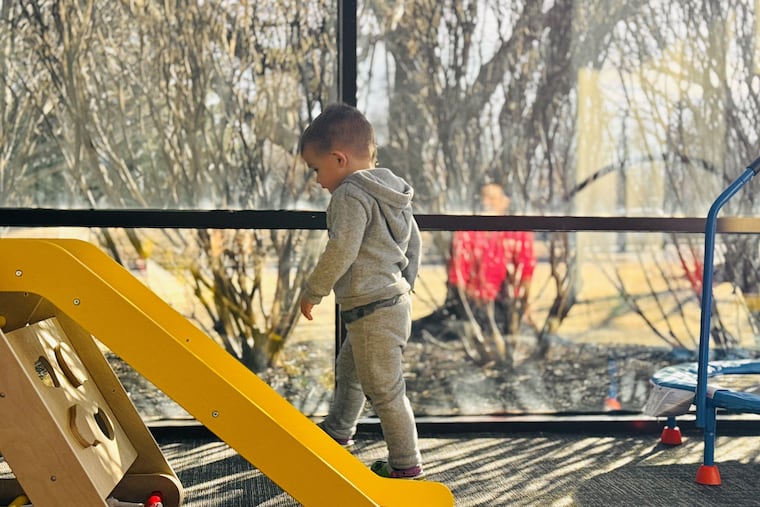Public expresses opinions on college controversies, trash issues, and access to healthcare services.
Recent discussions surrounding the discourse in higher education have highlighted two pressing issues: the nonprofit status of universities and the treatment of foreign students alongside concerns regarding freedom of speech. These matters warrant careful examination as institutions navigate complex challenges in the current political climate.
Primarily, the scrutiny over the nonprofit status of universities is significant, as this status grants substantial tax benefits. Observations at Columbia University illustrate this concern, with the construction of multiple walkways intended to facilitate easier access between buildings. Such investments raise questions about the appropriateness of tax-exempt status while the institution appears to prioritize convenience over fiscal responsibility. In light of these developments, there is growing sentiment that a reevaluation of tax laws governing educational institutions could provide a clearer framework to ensure that such benefits align closely with genuine educational objectives.
In addition to fiscal responsibilities, the treatment of foreign students in universities has come under scrutiny. Notably, New York University (NYU) has been referenced in discussions about higher learning, particularly in connection with prominent names such as Barron Trump. Critics argue that the media focusing on the implications of such connections may imply a notable bias in reporting. The conversation around elite educational experiences, especially in institutions associated with political figures, raises important considerations. There is an underlying rationale suggesting that increased media scrutiny on these connections could reflect broader patterns in university admissions and educational access for foreign students.
These discussions draw attention to a crucial dynamic in American politics. The perception that political biases influence public opinion and media representation can have electoral implications, particularly as voters may feel underserved by narratives that neglect certain realities in favor of avoiding controversy. Such dynamics shed light on how educational institutions interact with both domestic policy and broader societal debates.
In summary, the turmoil surrounding universities stems from the intersections of tax policy, perceptions of privilege, and political affiliations. Addressing these complex issues requires a concerted effort to refine existing policies to reflect the realities faced by students and institutions alike. As the landscape of higher education continues to evolve, stakeholders must navigate these challenges thoughtfully, ensuring that educational access and integrity remain at the forefront.







